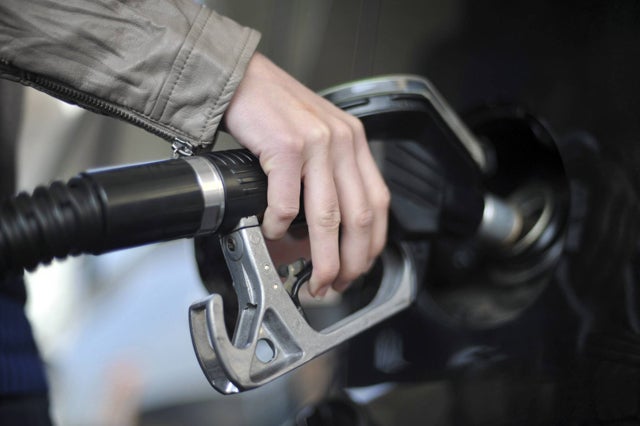In the wake of the devastation wrought by Hurricane Sandy, storm victims are also suffering from a New Jersey state law that prohibits businesses from raising their prices more than 10 percent “within 30 days of a declared state of emergency.”
Despite the intentions of New Jersey legislators, laws intended to prevent so-called “price gouging” do more harm than good. Imposing price ceilings on scarce goods punishes those whom it is intended to help: the victims of natural disasters such as Sandy.
Laws against “price gouging” further diminish the supply of scarce goods. Disasters lead to a natural increase in the price of goods as their supplies shrink. This natural price increase encourages consumers to economize in their purchase of goods and thereby leave more for those who value these goods most. This economical use of goods helps prevent situations such as the one experienced by Shauron Sears, a 37-year-old waitress who waited in line for over 12 hours only to discover a manager shouting “No more gas!” just as she reached the front of the line.
Artificial price ceilings discourage suppliers from relieving scarcity of goods. If, for example, the price of gasoline were allowed to rise, suppliers would likely scramble to sell their product where it is most valued. And over time, as the supply of gas increased, its price would decrease.
In fact, Michael Giberson of Texas Tech University cites a paper published in 2007 in the Journal of Competition Law and Economics in which the authors conclude that a proposed national price gouging law “would have increased total economic losses during Hurricane Katrina and Rita by nearly $2 billion.”
The gas lines of the 1970s were also created by price controls—and are not remembered fondly as an exercise of legislative prudence.
Price ceilings also encourage the creation of black markets. Enterprising individuals will invest their time waiting in line to buy gas and then resell it to those who are unable to or don’t want to wait in line. In this Reason Foundation video, one New Jersey hurricane victim notes that a 2.5 gallon container of gas can be resold for as much as $50:
Experts from the left, right, and center agree: Anti-price-gouging laws are a very poor solution to supply shortages following disasters. The best thing for the government to do is to get out of the way and let private market forces function and provide relief.
Michael Benoit is currently a member of the Young Leaders Program at The Heritage Foundation. For more information on interning at Heritage, please visit http://www.heritage.org/about/departments/ylp.cfm.
